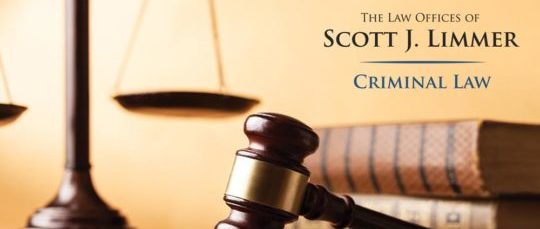Have New York City district attorneys misused material witness warrants, using them not for their proper purpose – producing testimony by a reluctant witness who has knowledge useful in prosecuting a crime but who’s not suspected of wrongdoing – instead to hold suspects for several days of questioning, without legally required safeguards?
That was a central issue in a federal civil rights lawsuit (Simon v. City of New York et al.) brought by Alexina Simon; she says her case was prompted by her experience in January 2008, as the Queen’s district attorney’s office was investigating for insurance fraud a female police officer who claimed her car had been stolen but was suspected of selling it to an apparent “chop shop” which was actually a sting operation run by undercover cops.
Police heard Ms. Simon, a middle-aged housekeeper, was a friend of the policewoman being investigated and might know more; there was no suggestion Simon was viewed as a suspect. Nevertheless, the Queens district attorney’s office went to a judge and obtained a material witness warrant.
With that warrant, two city detectives (also named as defendants in the lawsuit, along with an assistant district attorney) came to Simon’s workplace to take her into custody, threatening to put her into handcuffs. Even though they learned before long it was not Ms. Simon, but rather her daughter, who had a similar name and lived with her mother, who was friends with the policewoman being investigated, the police still took the mother to the district attorney’s office and questioned her for nearly ten hours.
Although unable to provide any useful information, she was ordered to return the next day, when she again underwent extensive questioning. She was never brought before a judge to examine what she might know about the crime being investigated, or offered an attorney, both required for persons under material witness warrants. Similarly, despite police threats, the law only allows arrest of material witnesses who have ignored an earlier court order to appear.
In 2009, Ms. Simon sued the city and those who detained and questioned her, claiming her rights had been violated. The prosecutor and detectives maintained Ms. Simon exaggerated the amount of questioning and, in any event, had consented to it. Two years later, a federal judge threw out the case, saying the officials had complete immunity to lawsuits while performing their official duties. On appeal, though, a federal appeals court reversed, holding material witness warrants do not authorize “arrest and prolonged detention for purposes of investigative interrogation.”
Since prosecutors and police aren’t automatically immune from liability when questioning a material witness, the appellate court directed the trial to determine the proper level of liability based on the facts of the case. With the case resumed, Ms. Simon’s lawyers claimed, besides her experience in Queens, evidence of similar misuse of material witness warrants by prosecutors in Manhattan and Brooklyn as well.
While the trial judge last March dismissed the case, finding under the specific facts of the case the questioning was reasonable, made police and prosecutors eligible for limited immunity, the Simon case should attract greater attention to how police and prosecutors make use of material witness w
